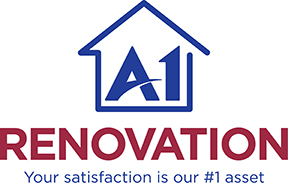The sheer scale of the typical commercial construction project often means a lot more moving parts than a home remodel. While many contractors are very good at what they do (the hands-on stuff) keeping all those parts moving is another matter entirely.
One of the biggest things we’ve seen hold up a job or threaten certain deadlines is the communication between parties involved — and by extension, the ability to manage permits, paperwork, insurance, etc.
One party responsible for being on the job site might not hear from a main office for awhile, and must proceed with the assumption that proper permits have been obtained and paperwork submitted to the necessary places. And then, mid-project, needed funding doesn’t come through, equipment isn’t available, or someone from the city stops by to halt the process until one of the aforementioned things is completed.
By the time stressed phone calls are made at that point everyone is scrambling and blame gets shifted around.
This is an all too frequent yet entirely unnecessary burden.
If you’ve worked in the industry or have functioned as a property manager, you may have encountered this. It’s important to note that outsourcing this type of thing isn’t replacing anyone’s job or making corporate roles irrelevant, which is a common source of discomfort we’ve heard from people.
We like to think of it as augmenting your efforts. Even when we’re not providing the crews and doing the work in a hands-on way, we can manage those who are.
Our experience has been that this approach ensures the following benefits:
- Phases of the project proceed in a logical, organized way that meets timelines.
- All parties involved have consistent updates about the status of things, which advance warnings about aspects of the project that affect each specific team so everyone is prepared.
- As much as can be avoided, no one is waiting around or falling behind waiting for another team to get something done.

